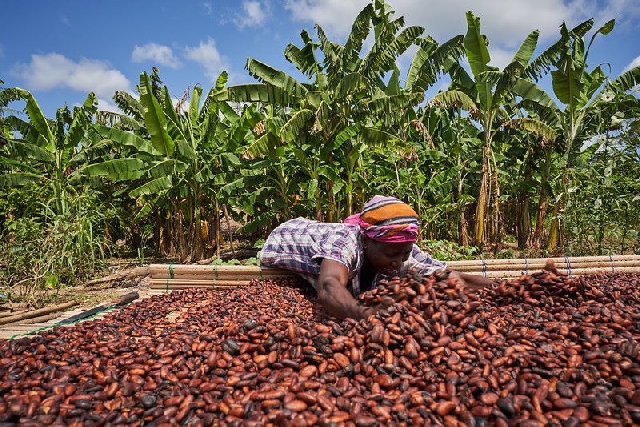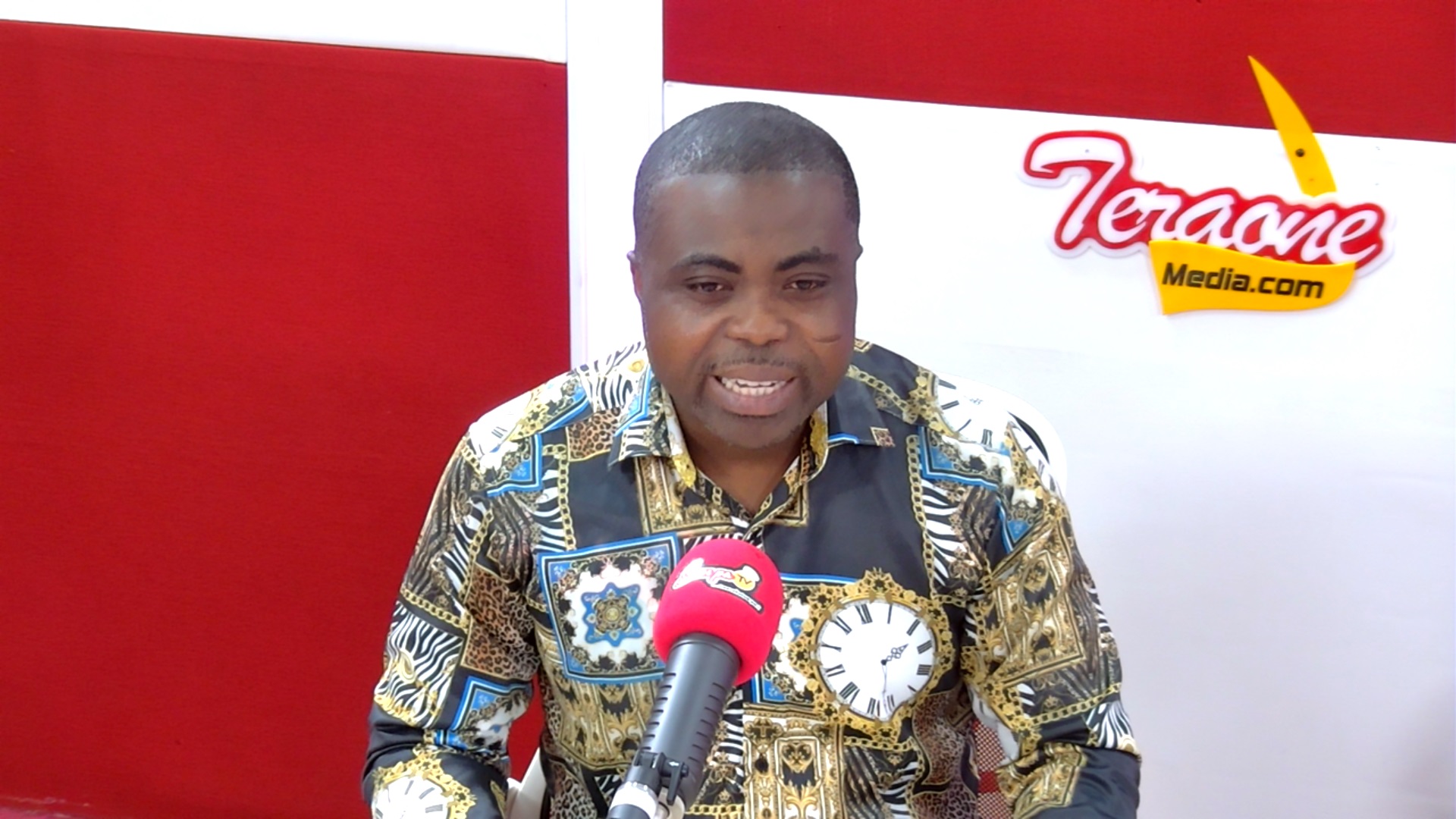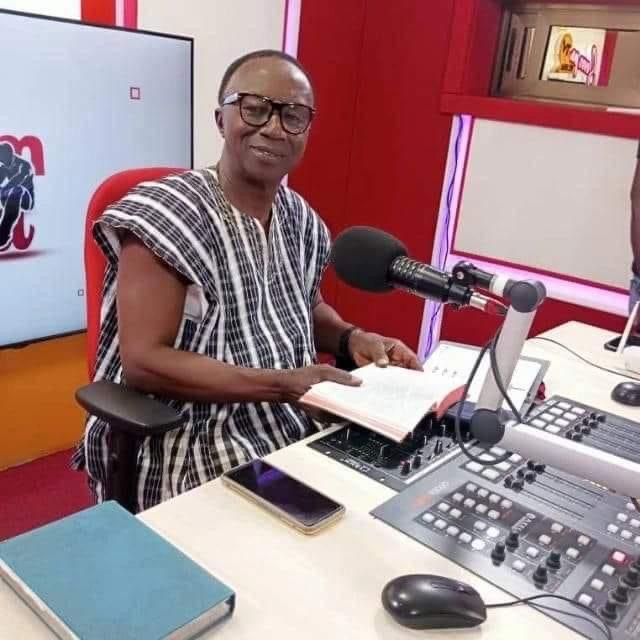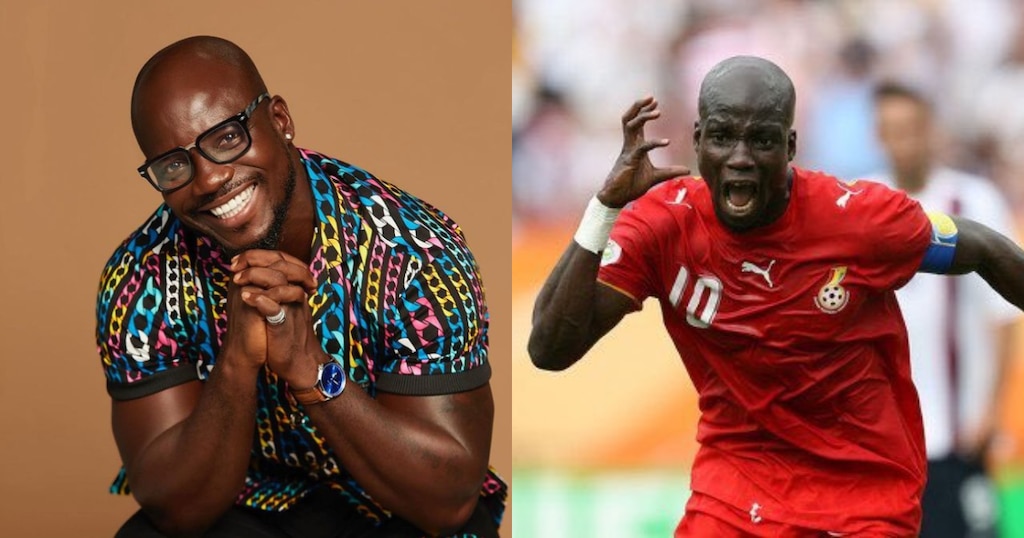Reports on cocoa beans in Ghana risk being banned in European countries has taken a wider spread, Mr Fiifi Boafo, the director of public affairs at Ghana cocobod has described the development as unfortunate in an interview with sompa Tv,
Statistical reports by various portals confirm that Illegal mining is posing real threat to a sector that has over the years proven to be the hallmark of Ghana’s economy; the cocoa sector.
Cocoa beans from Ghana risk being banned on the European Union and Switzerland markets as the European Commission put forth legislation on cocoa sustainability.
Chemical residue that leaches into cocoa and other plants, aggressive steps to cut back on greenhouse gas emissions and global biodiversity loss are among key concerns of the European Union Commission when it first decided to put to vote, the Cocoa Sustainability Legislation.
There are concerns the Asian country has already reduced importation of Ghana’s cocoa beans after the discovering chemical residue in some shipments.
It therefore brings into sharp focus, allegations from certain quarters that the Chinese government may have deployed spies to collude with some Ghanaians to destroy Ghana’s forest in order to trigger the EU ban on the country’s cocoa beans.
If the Chinese, as being speculated, succeed at this economic warfare and espionage, the European Union will be left with no other option than to import cocoa beans from countries that apply the cocoa sustainability legislation.
The European country imported cocoa beans worth eighty six million dollars ($86m) in 2021, and the European Union remains Ghana’s biggest cocoa market.
What has been reported earlier?
An African perspective on cocoa held every three years, the sixth European Union-African Union Summit External link in February was an occasion for African leaders to drum up investment in their countries and for European players to show they haven't abandoned the continent to China.
The shindig, held in Brussels this year and postponed several times due to the Covid pandemic, raised €150 billion (CHF156.5 billion) in investment pledges for energy, transport and digital infrastructure in Africa.
It was also an opportunity for the heads of two of the world's biggest cocoa producers – Ghanaian President Nana Akufo-Addo and his Ivorian counterpart Alassane Ouattara – to get something off their chests.
Both expressed their concerns to the president of the European parliament, Roberta Metsola, about proposed new EU rules on deforestation that could hurt their cocoa exports; Ghana and Ivory Coast together account for over 60% of global cocoa bean production.
In November 2021, the EU Commission tabled a proposal External link for a regulation on deforestation-free supply chains. Cocoa was one of the five global commodities (along with beef, palm oil, soy and coffee) selected for more regulation. The report states that cocoa alone is responsible for 7.5% of all EU-driven deforestation globally.
One of the options on the table is a complete ban of cocoa products linked to deforestation from entering the EU market. The proposal admitted that such a regulation "will affect sectors that are essential for the economies of particular countries" such as Ghana and Ivory Coast and that it would require "intensified bilateral engagement". The legislative proposal has to be agreed on and adopted by the Council of the EU and the European parliament, which can take up to three years.
In a joint statement External link on the last day of the EU-Africa summit, Akufo-Addo and Ouattara warned of the "risk of increasing poverty among cocoa farmers in both countries if the current proposed deforestation legislation is adopted as it is without considering the adverse impact it will have on the income of the many small holders.
While there is this deep-rooted tradition of respect of the environment in Switzerland it does not necessarily extend beyond the country's borders.
Like the EU, Switzerland also has sustainability targets for cocoa even though they are not binding. The goal, pledged in 2017, is for 80% of all cocoa imports to come from sustainable sources by 2025 (the share was 74% in 2020). This is achieved via two means: through verified sustainability programs run by Swiss companies themselves or through direct purchase of certified cocoa products (like the Fairtrade label).
Just like EU regulations, these targets impact cocoa farmers in producer countries like Ghana and Ivory Coast.
Purchasing power
Europe, including Switzerland, is the biggest buyer of cocoa beans for further processing in the world. Close to 40% of the annual global cocoa bean harvest was processed in Europe into cocoa mass, cocoa butter, cocoa powder, chocolate or other cocoa products.
Source…www.sompaonline.com/Eric Murphy Asare













 Sompaonline.com offers its reading audience with a comprehensive online source for up-to-the-minute news about politics, business, entertainment and other issues in Ghana
Sompaonline.com offers its reading audience with a comprehensive online source for up-to-the-minute news about politics, business, entertainment and other issues in Ghana